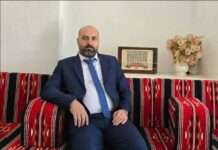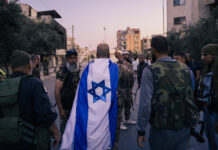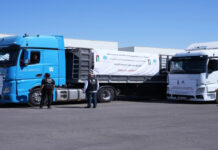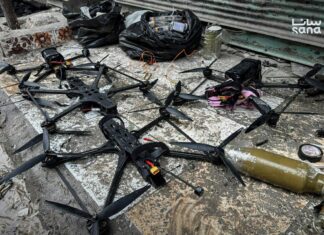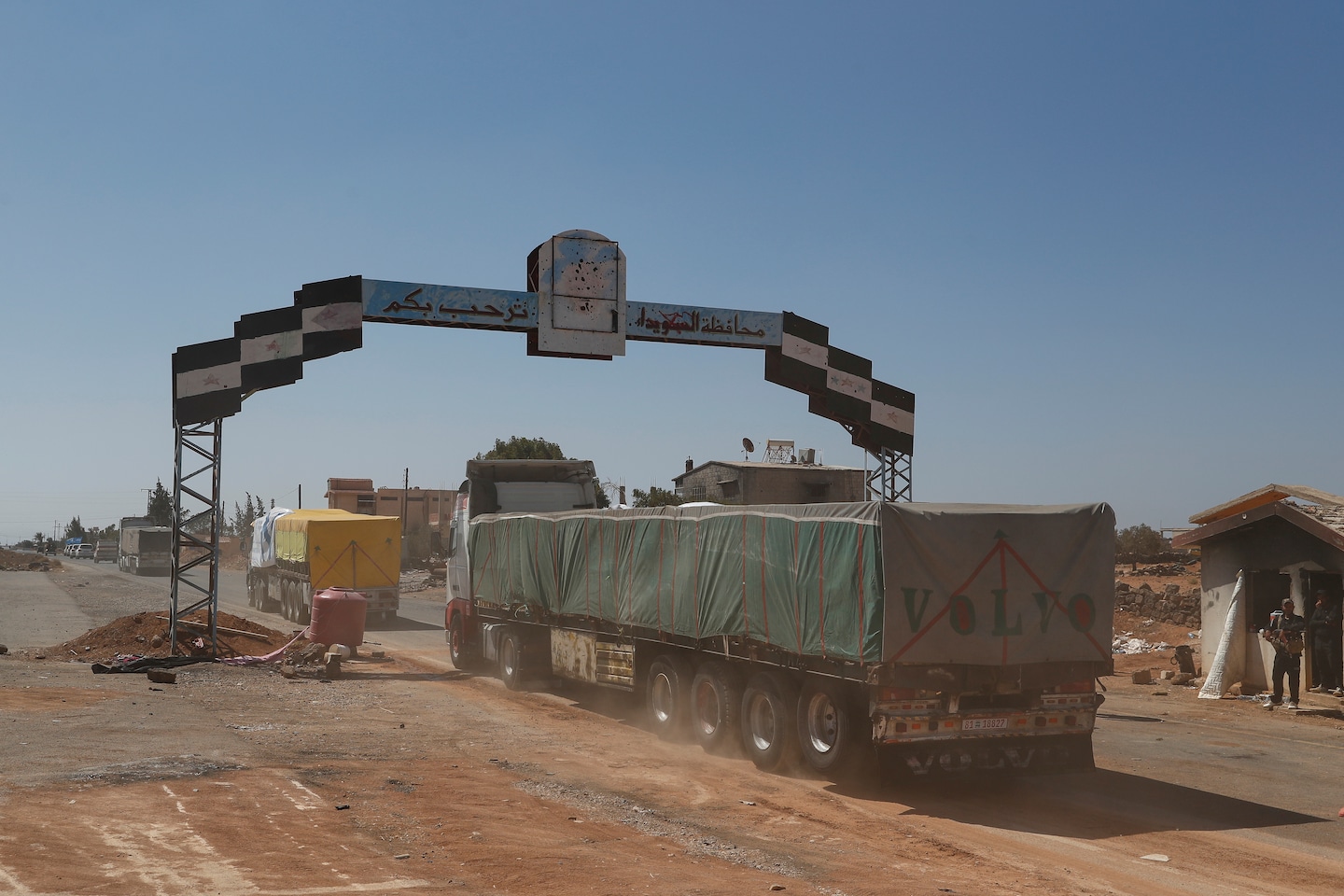
Efforts to reopen the Damascus-Suwayda road continue to face obstruction from local separatist leaders, according to diplomatic and security sources. The Syrian Interior Ministry announced last week that security forces finalized measures to secure the road, describing the mission as a “national responsibility to maintain stability in all governorates.” The closure, due to continued unrest, has hindered travel, trade, and the flow of supplies, compounding economic pressures for residents.
Humanitarian Conditions Worsen
Last Month the International Committee of the Red Cross said the humanitarian situation in Suwayda remains “extremely worrying” despite the calm since the July 19 cease-fire, which followed clashes between local factions and Bedouin tribes that killed 426 people, according to the Syrian Network for Human Rights.
Interior Ministry spokesman Nouruddin al-Baba rejected claims that Damascus had imposed a siege on the governorate. In a September 1 post on X, he called such allegations “lies and misleading,” stressing that humanitarian corridors remain open to allow aid and temporary evacuations in coordination with international organizations.
Local officials blame armed groups for obstructing relief and commerce. Brig. Gen. Ahmad al-Dalati, confirmed food shipments were disrupted when merchants faced threats from factions inside the province. “The Internal Security Forces are fully prepared to ensure a safe and stable trade route,” he said.
Fuel and Salary Disruptions
Suwayda’s governorate has also accused armed groups of worsening the fuel crisis by exploiting supply chains. A September 4 statement said unnamed parties “control the allocated quantities, leading to the exploitation of (political) influence to achieve personal interests at the expense of citizens.” Despite government convoys providing fuel and aid, residents complain supplies rarely reach them due to factional control of distribution.
In a separate statement, the governorate acknowledged delays in salary payments for some public employees, attributing the issue to interference by illegal groups disrupting state institutions. The statement warned that “these irresponsible actions harm the public interest and delay the rights of employees.”
Attacks on Education and Religious Sites
Armed groups alleged to be aligned with Druze cleric Hikmat al-Hajri have also drawn criticism for escalating rhetoric and violent incidents. Druze Sheikh Laith al-Balous of the “Dignity Guesthouse” condemned recent attacks on the Ain al-Zaman shrine and the home of Sheikh Aql Yusuf Jarbou, calling them “a blatant attack on a religious symbol sacred to the Druze community.”
Separately, activists reported that Hajri’s associates have pressured students to “boycott” universities and align with armed groups. Suwayda’s governorate has affirmed its readiness to resume exams, calling the right to education “sacred,” but postponed dates remain in place due to security concerns and obstruction. The persistence of separatist actions and interference with essential services continues to fuel instability, leaving civilians caught between political conflict and daily hardships.

